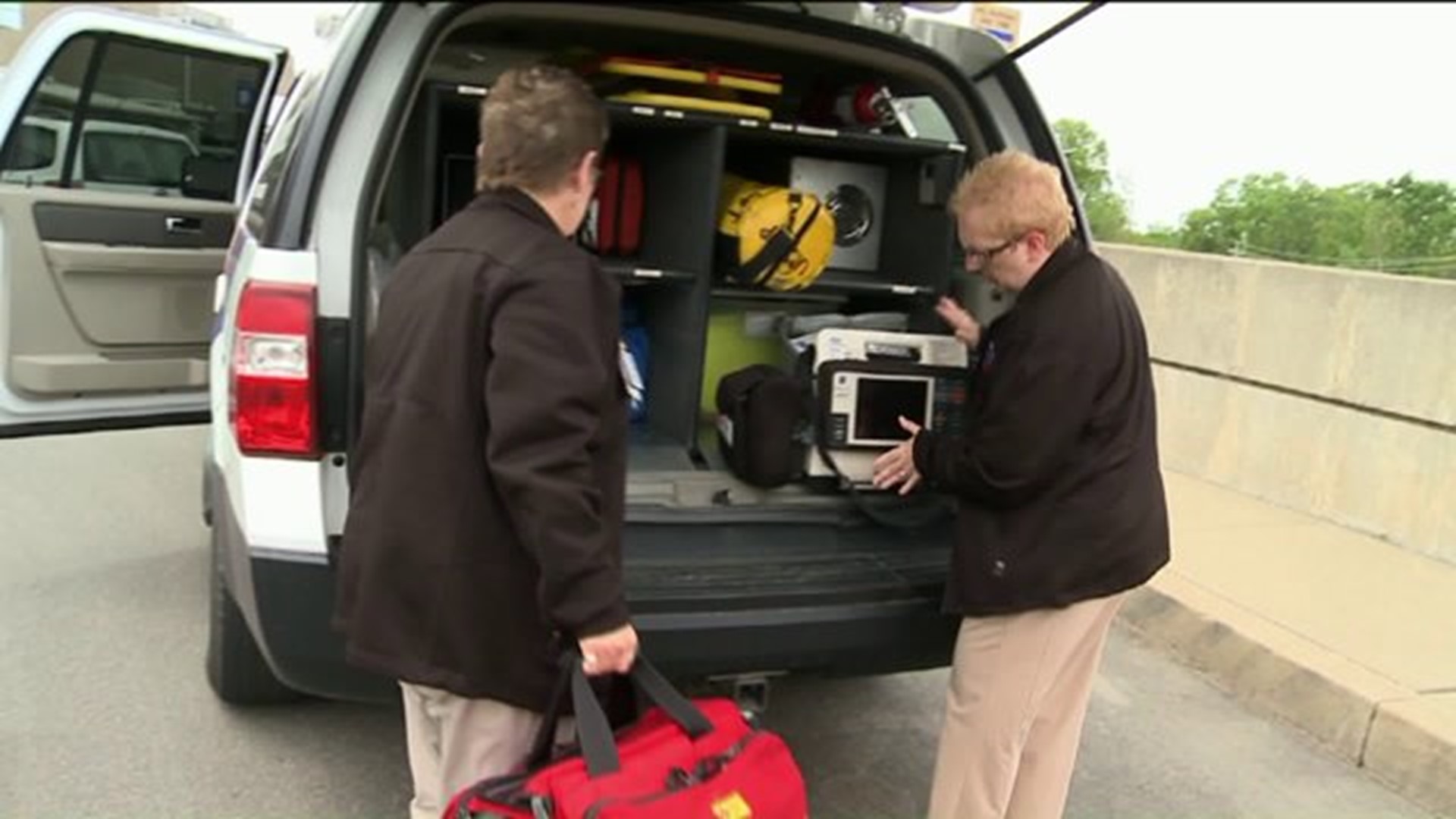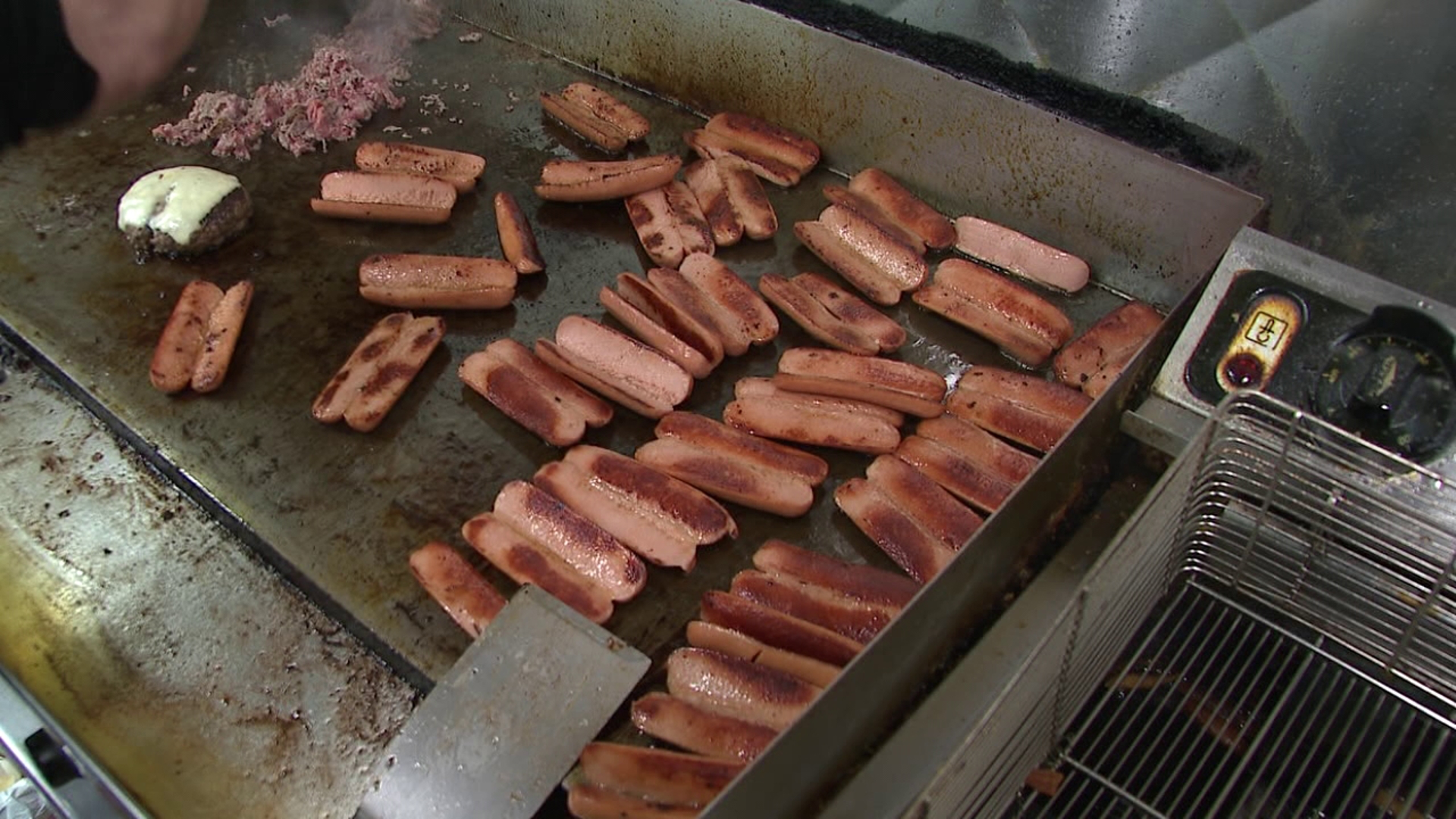Patients who need cardiac care sometimes need to be very closely monitored. In the past, that has meant lots of trips to the hospital. But there's a way to treat those patients now from the comfort of their own homes, and some at Geisinger are suggesting we could be seeing a lot more of it in the future.
Traditional thinking is...'I'm not well and I need to get to a hospital.' There are many instances in which that is, of course, the best option. But increasingly, especially when it comes to certain heart patients, home is the best place to be.
Kim Hart is a heart failure nurse coordinator at Geisinger Wyoming Valley Medical Center.
"They need to manage their heart failure on a daily basis by knowing when to call the doctor's office by changes in the way they feel, to making sure they're educated about medication compliance, exercise, and following a low-sodium diet," she says.
In addition to eduction, Hart tells us a big part of her job now is coordinating a collaborative effort called the Mobile Paramedic Program. Heart patients enrolled call their doctor, not 911, if they're not feeling well, and a specially trained team of mobile paramedics is dispatched.
"A lot of times they don't call because they're worried that they're going to end up coming to the hospital. So this is a way for us to keep them out of the hospital, and keep them feeling well," Hart says.
Doctors on standby are then able to see the patient through video conferencing, and, with guidance from the paramedics, treat the patient remotely.
Dr. Sanjay Doddamani says this type of care is getting more important as the population is gets older.
"With the aging baby boomer generation, we have a lot more patients who are surviving heart attacks, living with high blood pressure, and getting into their octogenarian and nonagenarian statuses," says Dr. Doddamani.
Roni Koval and Robin Fike are two of the mobile health paramedics. They showed us what they call their portable labs, a bit different from a typical ambulance.
"The patients are thrilled! Especially the patients who are really sick, who say I just couldn't have gotten to the doctor's today," says Fike.
"This really changes people's lives. You see the difference from when you first met them, and after you treat them, how much better they are," Koval tells us.
Thursday you'll meet a patient in Scranton who has been on the other side of the mobile health program, a man with heart issues who says the team got him back on his feet earlier this year.




